(Read time: 4.5 minutes)
The foods that you eat can have a major impact on the rate that your body ages. If you’re depriving your cells of the nourishment they need, they will become damaged and cause you to age faster. If you are exposing your cells to toxic compounds then you are accelerating the rate at which that damage occurs. Here are 5 ways that your diet may be causing you to get older faster:
1. Consuming processed foods and added sugars.
Highly processed diets are associated with obesity and Type 2 diabetes but researchers in Spain also found that people who consume high amounts of “ultraprocessed foods” have twice the odds of having shortened telomeres (more than 3 servings per day) than those who consumed minimal amounts of ultraprocessed foods (less than 2 servings per day).
Highly processed foods also lead to a strong inflammatory response which accelerates aging in the body – especially in the brain because it contributes to a rapid and sometimes abrupt decline of memory, and can enhance the progression of neurogenerative diseases like Alzheimers.
Also Read: 7 Anti-Inflammatory Foods for Optimum Wellness
Many of these processed foods also contain high amounts added sugars. Scientists have found that consuming sugar in the form of glucose and fructose can form toxic compounds in the body that cause damage to cells and tissues through a process called glycation.
These toxic compounds, called “advanced glycation end products of AGEs” can cause complete chaos to occur within the body. These compounds have been found to be responsible for inflammation, acne and other skin problems, and also an irreversible condition called “sugar sag”, which is when your skin ages faster as a result of consuming too much sugar. The sugar actually damages collagen in your skin which leads to fine line, wrinkles, and less youthful looking skin.
Also Read: Eating for Beautiful Skin: How Your Diet Can Help You Look Younger
2. Consuming foods cooked in pro-inflammatory oils.
When it comes to dietary fats, the ratio of fatty acids contained in types of fats determines how healthy it is. Polyunsaturated fats such as Omega 6 and Omega 3 fatty acids both contain a double bond in their chemical structure and are liquid at room temperature.
Cooking oils that contain high levels of the Omega 6 fatty acids compared to Omega 3 fatty acids have been deemed by scientists to be unhealthy. These high Omega 6 oils become more of a problem when we expose them to heat, light and air because this causes a process called oxidation to occur. Therefore, consuming too many Omega 6 fatty acids from vegetable oils, such as canola oil, causes increased levels of oxidative stress. This oxidative stress has been found to cause damage to cells, tissues, proteins, and DNA. Oxidative stress is also one of the main culprits of accelerated aging.
Vegetable oils, which includes corn, canola, palm, soybean, sunflower and safflower oils, are very high in Omega 6 fatty acids and therefore cause unmanageable levels of oxidative stress in the body. These oils tend to be highly processed through refinement, bleaching and deodorizing which strips them of essentially all of their nutritional value. Some oils are even extracted using toxic solvents such as hexane. And when they are heated to high temperature and used to fry foods, the structure of their molecules crumble and oxidation increases.
Also Read: 5 Best Oils for Cooking and Baking
Research shows that maintaining a low Omega 6 ratio is important for reducing inflammation and delaying aging. You can do this by avoiding fried foods at restaurants, swapping your cooking oil at home with a healthier alternative such as avocado, olive or coconut, and opting for grilled meats and vegetables that have been steamed or boiled.
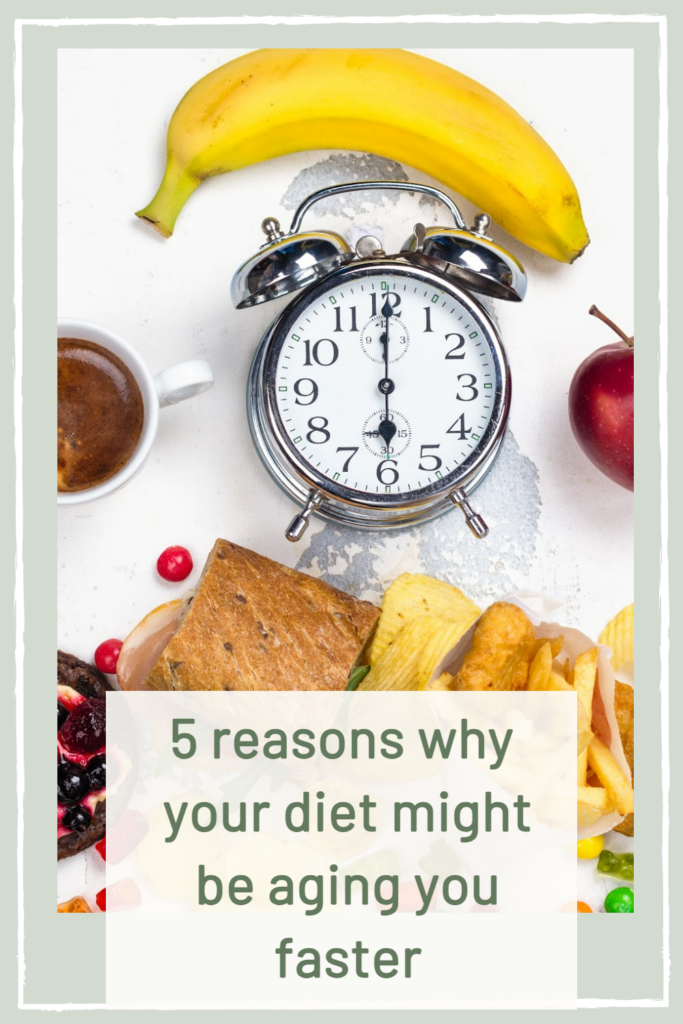
3. Drinking too much alcohol.
Heavy consumption of alcoholic beverages has been well documented in scientific research as a cause of accelerated aging. Yamaki 2019 found evidence that heavy alcohol consumption can accelerate aging at the cellular level and lead to shortening of telomeres in immune cells, mitochondrial dysfunction, and oxidative stress. All of these can increase risk of age-related diseases.
Unfavorable alcohol consumption is defined as drinking more than 2 drinks of beer, wine or hard liquor per day within a 2-week period. The more unfavorable In combination of other “unfavorable lifestyle factors” alcohol consumption increased brain age and decreased cognitive ability in young adults (between ages 20 and 40).
Casual drinking or low-level alcohol consumption (defined as an average of roughly 2 alcoholic drinks per week) has been found to be enough to cause accelerated aging in the brain. And a group of researchers in Germany found evidence that brain age increases by half a day for every 71 drinks consumed.
Alcohol consumption leads to dehydration (see #4) and hits harder after you get older. This means that the body’s ability to detox becomes more sluggish with age, and you’re not able to process it like you could in your youth.
4. Chronic dehydration.
Not only does dehydration put the body in a state of stress which hinders cells ability to repair themselves from free radical damage, recurring dehydration as the body ages can also impact the ability of cells and tissues to regulate fluids.
Also Read: 4 Easy Ways to Maintain Fluid and Electrolyte Balance
According to the American College of Sports Medicine, as a person ages the body’s mechanisms that regulate water content become compromised, and the ability to respond to thirst sensations is also reduced. This means that even if you’re not feeling thirsty, your body could be in a dehydrated state.
Dehydration is a bit of a Catch 22 with regards to aging. On one hand, the body’s ability to regulate fluid decreases with age which leaves the body more susceptible to dehydration. On the other hand, being in a dehydrated state accelerates aging by the development of exaggerated lines and wrinkles in the skin.
In other words: Aging causes dehydration and dehydration causes accelerated aging.
5. Not consuming enough micronutrients.
Not getting enough vitamins, minerals and phytochemicals from whole, plant foods can can negatively impact performance, health and well-being. These compounds are required for all metabolic and developmental processes, and help to protect cells and tissues from damage. Without them, damage can occur at the cellular level which accelerates the aging process of cells, tissues and organs.
One scientist at the Children’s Hospital of Oakland Research Institute in Oakland, California, found that micronutrient deficiencies accelerates mitochondrial decay, DNA damage and cell senescence. All of these are indicators of aging at the cellular level. Mitochondria is where the process of oxidation, which converts food to energy or ATP, occurs. This process relies on many vitamins and minerals to function optimally. Without ATP, our cells cannot carry out their functions and without enough micronutrients, the process of creating ATP is impaired. This also leaves the mitochondria and surrounding cell vulnerable to oxidative damage. Therefore, a deficiency in even just one micronutrient can cause fatigue and accelerated aging.
For example, Lee et al 2016 concluded that consumption of vitamin C, folate and potassium from fruits and vegetables can delay biological aging by preserving telomere length in immune cells of middle-aged (ages 40-69) and older adults (age 70+).
In summary...
For adult athletes, slowing down the aging process is crucial to maintaining peak performance and extending their careers. As individuals age, their bodies naturally experience a decline in muscle mass, bone density, and overall physical strength. By actively seeking to delay the aging process, athletes can prolong their competitive edge and reduce the risk of injuries associated with aging. Moreover, slowing down aging can help sustain optimal cardiovascular health and metabolic function, allowing athletes to maintain their stamina and endurance levels. By prioritizing anti-aging practices, adult athletes can continue to excel in their respective sports, achieve their fitness goals, and ensure longevity in their athletic endeavors.
To ensure you are effectively combating the aging process, consider incorporating the power of intermittent fasting into your routine. Studies have shown that this practice can promote cellular repair and enhance longevity by triggering autophagy, the body’s natural detoxification process. By allowing your cells to undergo this self-cleansing mechanism, you enable them to eliminate damaged components, ultimately slowing down the aging process. Explore the benefits of intermittent fasting and experience a holistic transformation in your overall health and well-being.
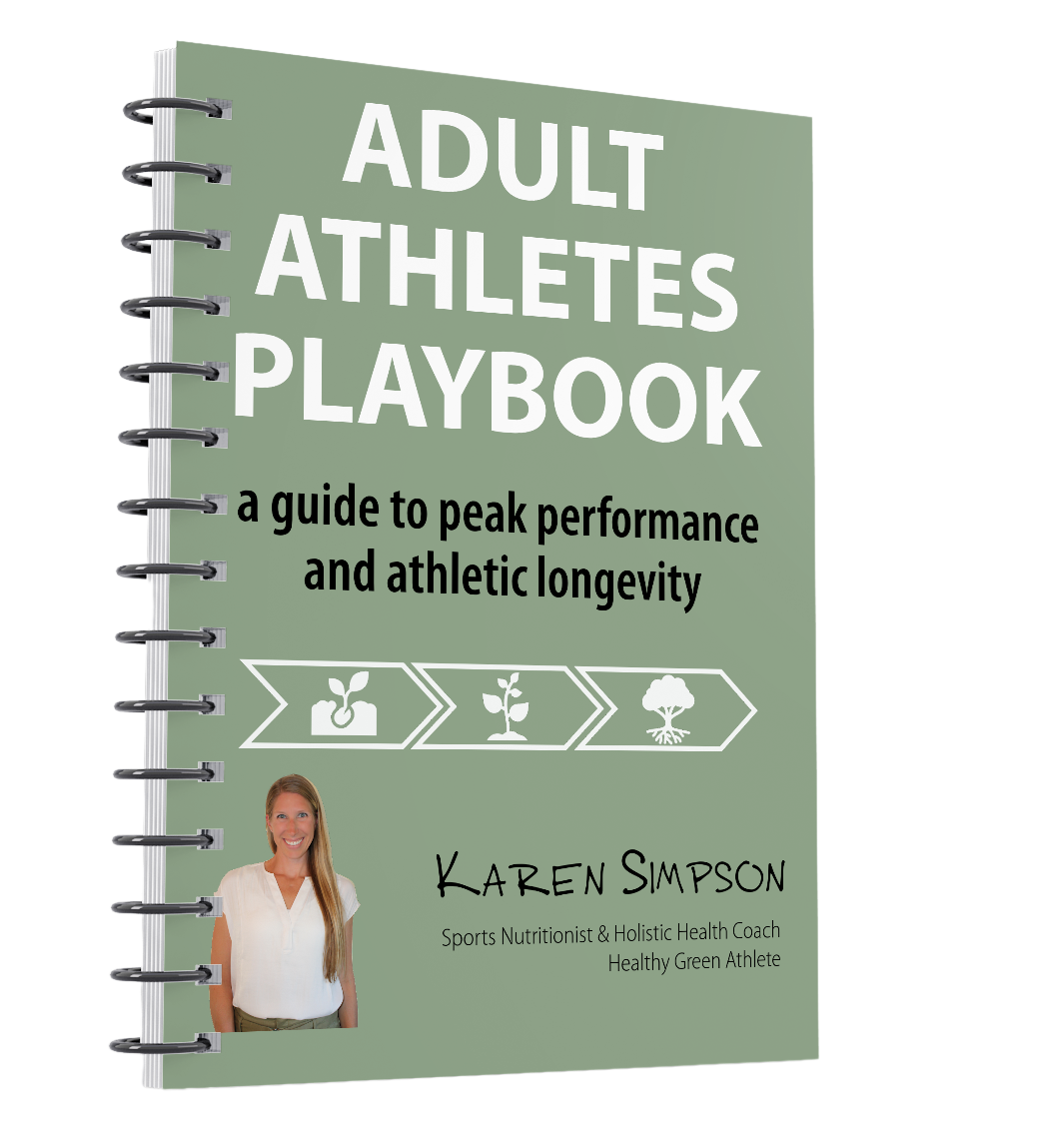
Adult Athletes Playbook
A Guide to Peak Performance and Athletic Longevity
This playbook will help you develop and implement a personalized game plan for improving athletic performance.


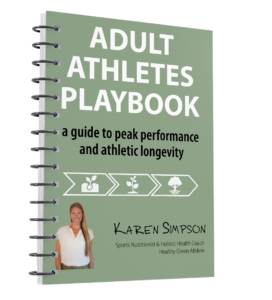



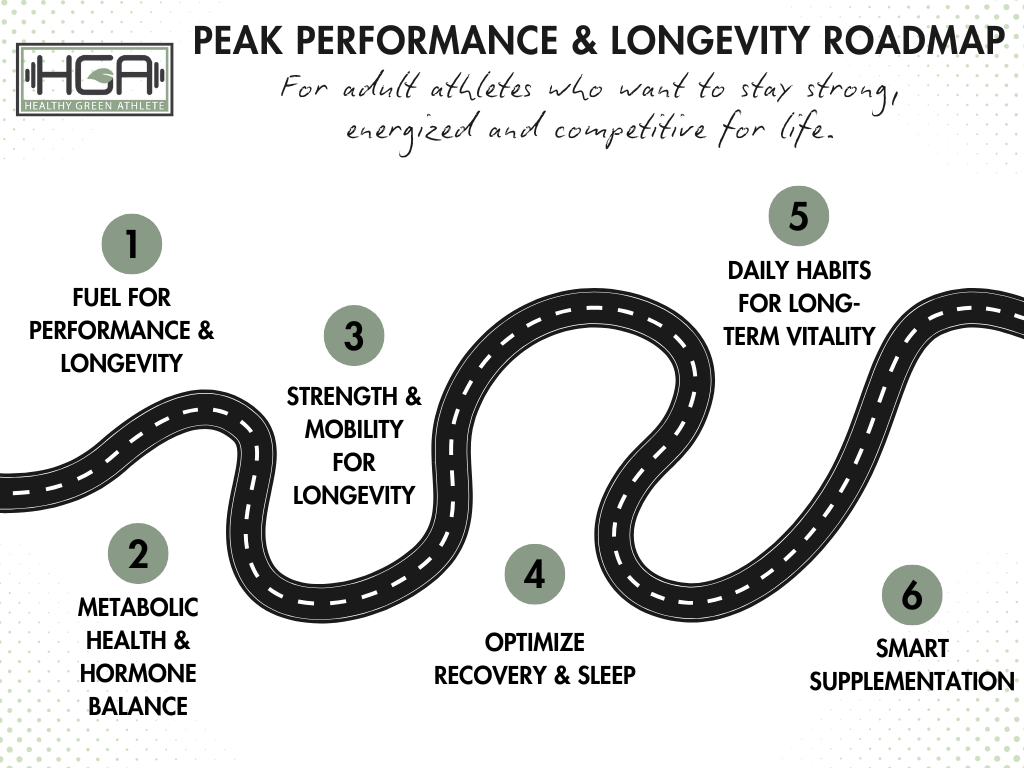
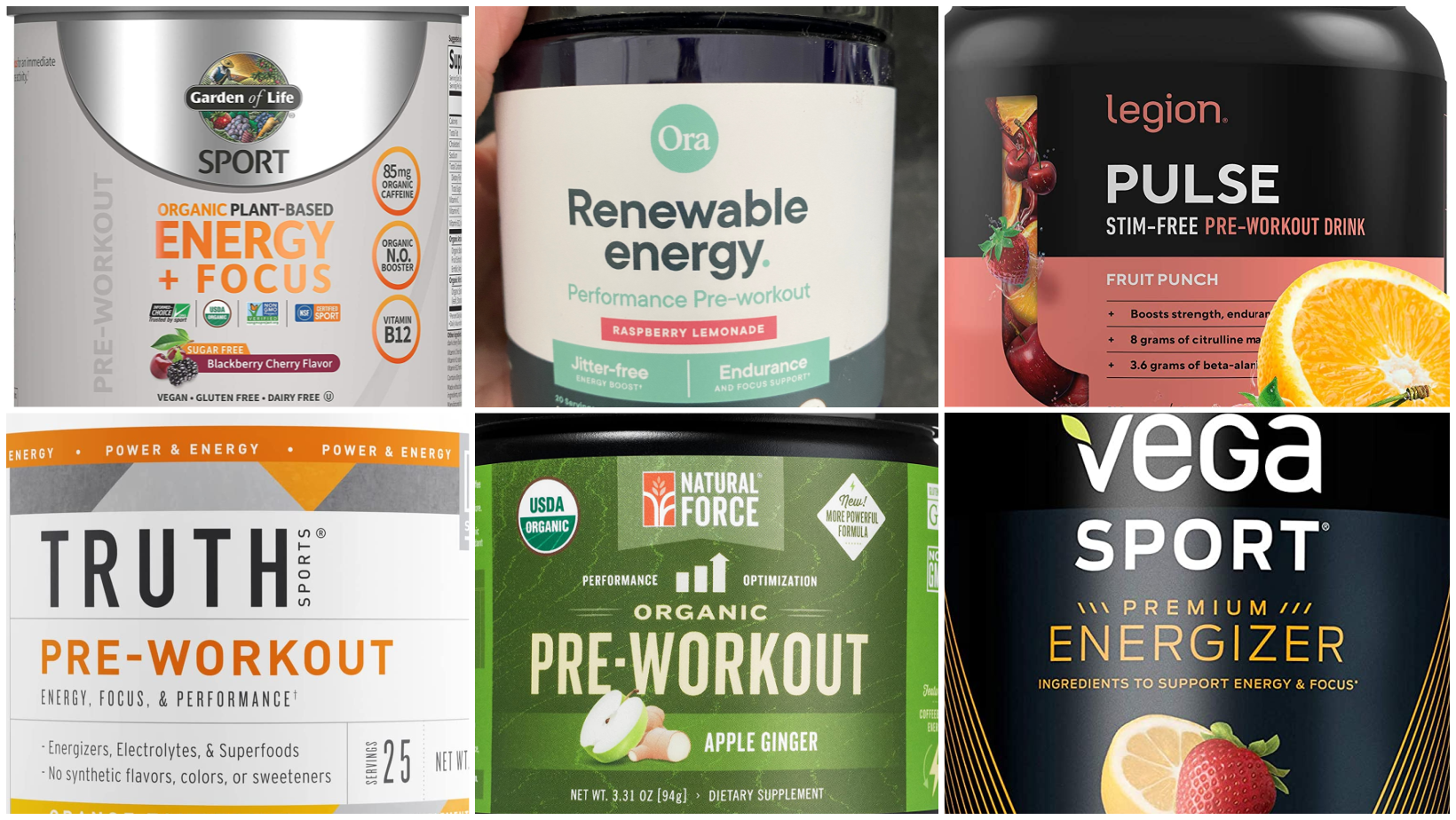





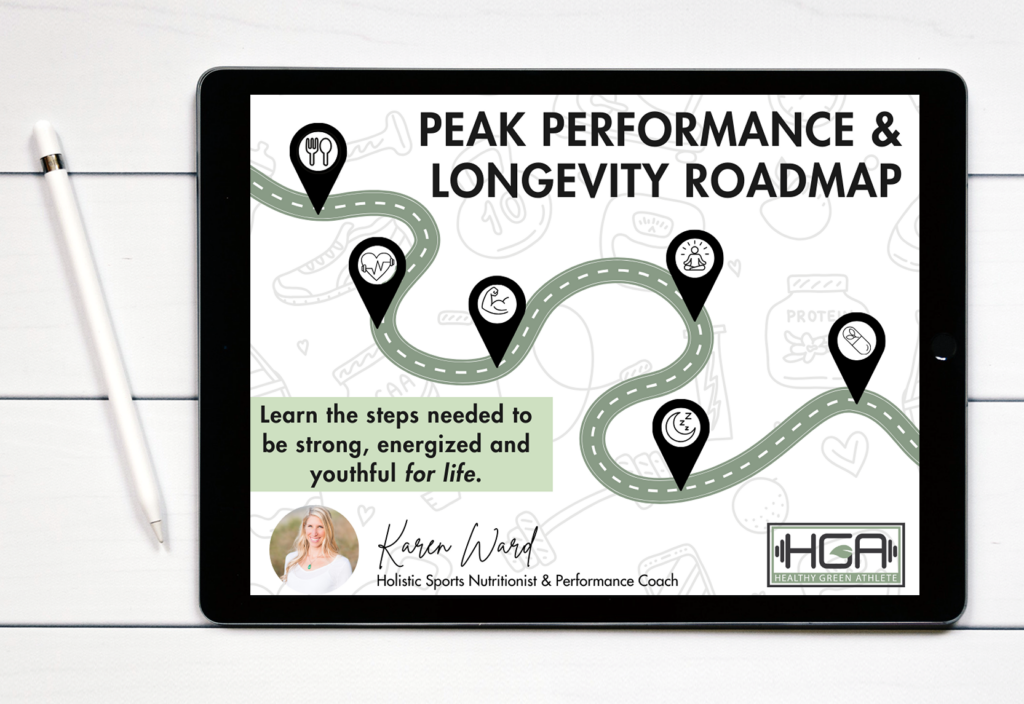
One Comment
Pingback: